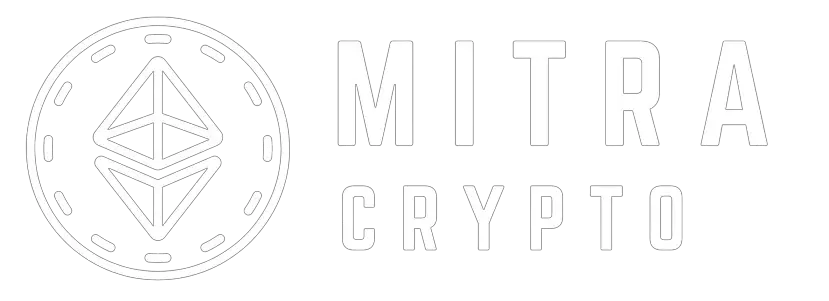North Korea’s Lazarus Group Shifts $26M in Crypto, Raising Fresh Security Alarms!
North Korea Lazarus Group has once again made headlines, this time for shifting $26 million in stolen cryptocurrency, raising serious global security concerns. The movement of such a massive amount of digital assets has sparked growing fears of money laundering, cybercrime, and state-sponsored hacking activities.

Lazarus Group: A Notorious Cybercriminal Syndicate
The Lazarus Group, a North Korean state-backed hacking organization, has been linked to numerous cyber heists over the past decade. They have been responsible for some of the biggest crypto thefts in history, often targeting exchanges, financial institutions, and blockchain networks.
According to on-chain investigators, the group recently moved $26 million in stolen crypto assets, sparking immediate concerns within the cybersecurity and financial sectors. Experts believe these funds were stolen from previous crypto exchange breaches and are now being laundered through various blockchain networks.
This latest move has highlighted the increasing sophistication of the Lazarus Group’s tactics and the growing difficulty of tracking stolen digital assets as they shift across multiple platforms. As the group continues its operations, it further underscores the urgent need for better security measures in the cryptocurrency industry.
How the Stolen Crypto Was Moved
Reports indicate that the stolen funds were transferred across multiple blockchain platforms, including Ethereum, Binance Smart Chain, and Solana. This technique, known as chain-hopping, helps cybercriminals evade detection by authorities and blockchain tracking firms.
Cybersecurity analysts have been closely monitoring these transactions, and blockchain forensics teams are working to trace the flow of funds. However, given the decentralized nature of cryptocurrencies, recovering stolen assets remains a significant challenge.
Why This Matters: Security Alarms Are Ringing
The movement of such a large sum of stolen cryptocurrency has triggered fresh concerns over:
✔ National Security Risks – North Korea is believed to use stolen funds to finance its nuclear weapons program.
✔ Money Laundering – Cybercriminals use sophisticated methods to “clean” stolen crypto, making it hard to track.
✔ Crypto Regulation Challenges – Governments and exchanges struggle to prevent illicit activities in decentralized systems.
What’s Next? The Global Crackdown on Lazarus Group
Authorities worldwide, including Interpol and blockchain security firms, are actively tracking the stolen assets. Some exchanges have already blacklisted wallet addresses linked to Lazarus Group, making it harder for them to cash out.
As cryptocurrency continues to grow, so do the threats associated with it. This incident serves as another wake-up call for stronger security measures and global cooperation to combat cyber threats.
🔴 Stay informed, stay secure!













